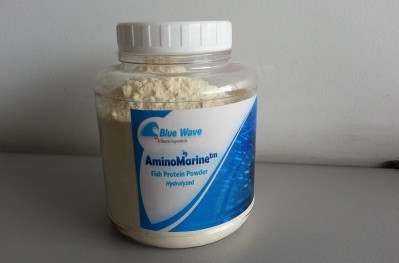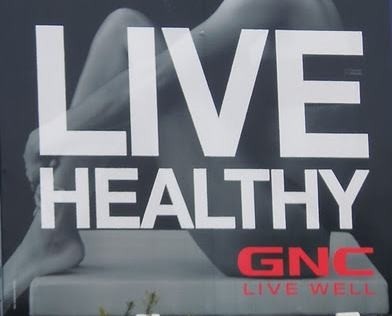CRN, NPA: Exactly what problem is New York bill to regulate sports supplements trying to solve?

Senate bill 4151 -which you can read here - proposes to “regulate the sale and distribution of sports dietary supplements”, and will require firms to produce information pamphlets with each product and prohibit them from selling or marketing these products to people under 18.
Supplements covered under the proposed law are “dietary supplements that are sold, marketed or distributed to enhance human physical performance or to increase a person's metabolism, but not including supplements in liquid form and containing caffeine”.
The pamphlets must state whether the supplement contains any synthetic botanical ingredient; and must outline whether any of its ingredient are on doping lists from USADA, WADA, NBA, NFL, NCAA, NASCAR, NHL and the MLB.
Finally, the pamphlet must cite “any known negative adverse effects and any known herb-drug interactions that could result from the use of such sports dietary supplement”.
CRN: The notion of creating a separate sports dietary supplements category or restricting sales to minors is very concerning
However, CRN VP government relations Mike Greene, told NutraIngredients-USA he was not clear what problem Sen Klein’s bill was trying to solve.
He added: “The notion of creating a separate sports dietary supplements category or restricting sales to minors is very concerning.”
Meanwhile, having different rules in different states is not helpful to manufacturers and retailers operating across multiple states, he said.
“I can’t re-iterate how important it is to have national uniformity.
“Dietary supplements are regulated at a federal level and the FDA already has the authority to deal with any issues as they arise.
"We believe that if there is a legitimate reason to remove a product from the market or to restrict its sale, the FDA has the authority to do that, and we actively encourage it to enforce DSHEA (Dietary Supplement Health & Education Act).
“As for restricting products to minors, you force retailers to move products off the shelves and so in turn restrict access for law abiding citizens.
“This is not like other bills targeting our sector which have been repeatedly re-introduced over the past few years and not gone anywhere. It’s brand new.”
I question what the language of this bill would capture
As for the definition of sports dietary supplements, it was odd that the bill excluded liquid supplements and caffeinated products such as energy shots and some drinks (which are classified as liquid dietary supplements), he said.
“It’s strange, but perhaps there is another bill in the pipeline specifically targeting these products? I question what the language of this bill would capture.”
At first glance, given his references to ‘synthetic botanicals’, it looked as if Sen Klein might be targeting controversial stimulant DMAA - which suppliers claim is a synthetic copy of a botanical constituent found in geranium - said Greene.
However, this was by no means clear, said Greene, pointing out that Sen Klein has in any case separately proposed legislation banning products containing DMAA.
NPA: Liquid/caffeine supplements exclusion makes you wonder what else is coming
Cara Welch, senior vice president, scientific & regulatory affairs at the Natural Products Association (NPA), said the fact that Sen Klein's bill excludes supplements in liquid form, as well as those containing caffeine "makes you wonder if something else is coming" that would specifically cover products such as 5-hour Energy, which have attracted a lot of controversy lately.
Meanwhile, any proposals that would require firms to tailor products for a particular state were "very difficult for members", she said.
ANH-USA: This bill is badly written
The Alliance for Natural Health USA is also alarmed by the bill, the rationale for which is not clear, it says.
"We are strongly in favor of consumer disclosure and transparency. But this bill is badly written, and we fear it could be used as a hammer against the supplement industry by drug and other interests, and could also put more power over supplements into the hands of biased state agencies.
"Supplements have a remarkable track record of safety, and such state regulations do nothing to increase it—they would only diminish access."
Senator Klein's office has not responded to requests for an interview.
















